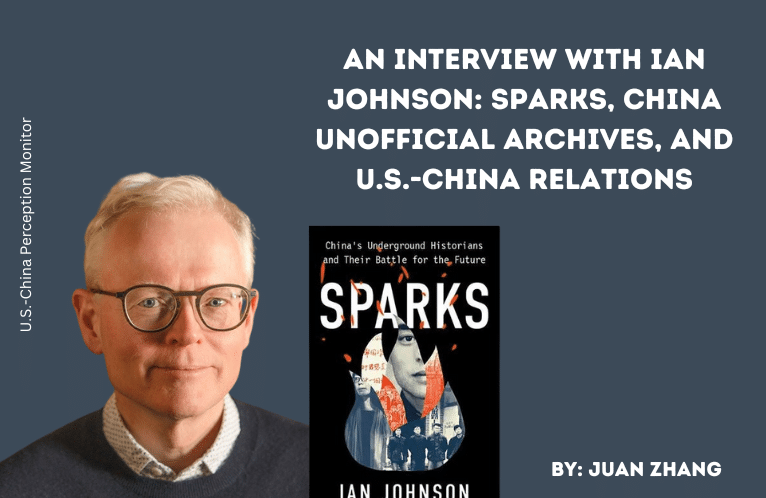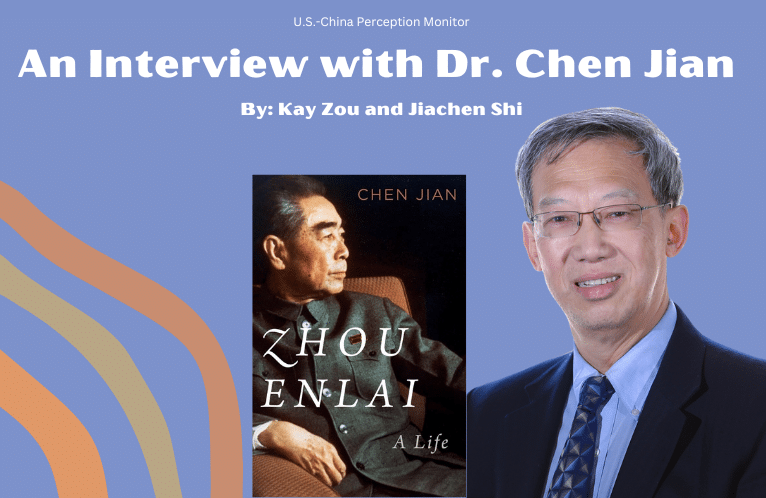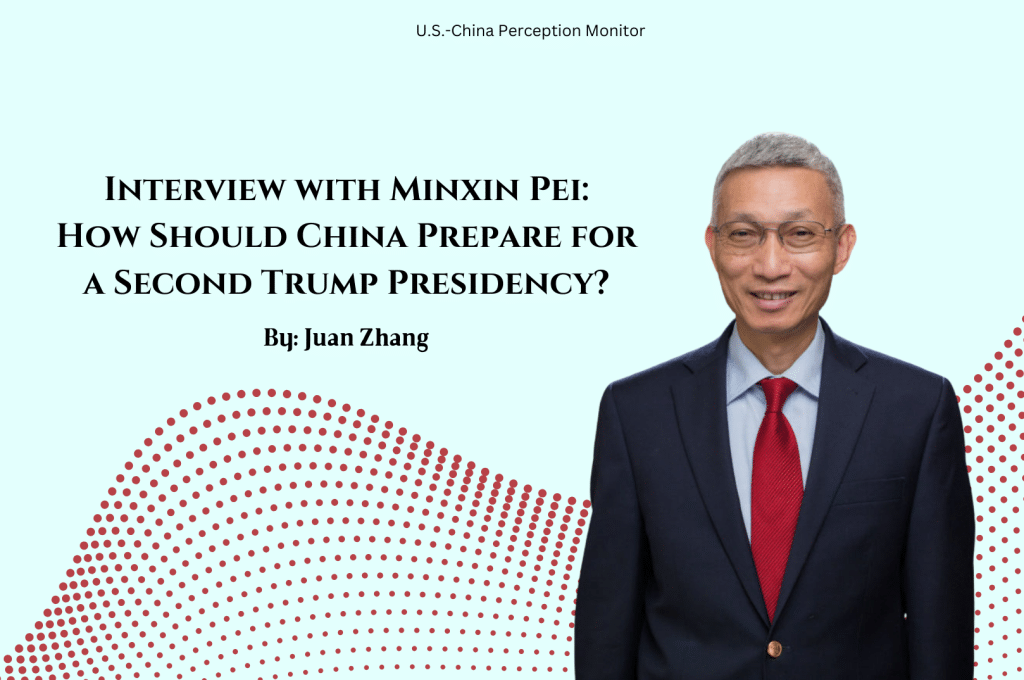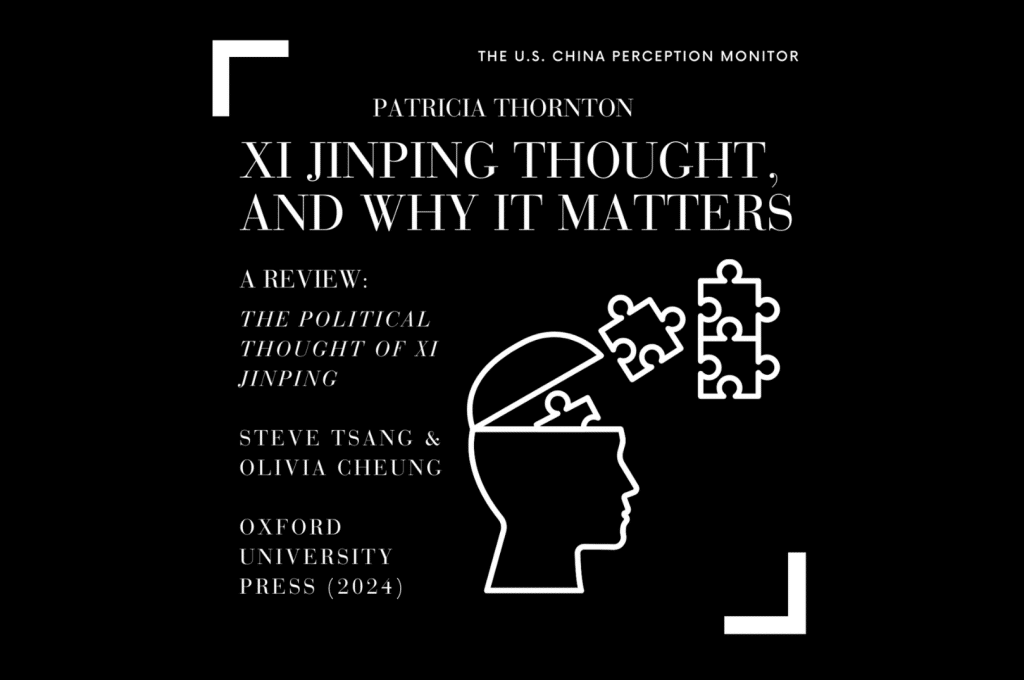Significance and Challenges: China-U.S. Cooperation on the Fentanyl Issue
China in the Panama Papers
The overseas wealth of several relatives of senior Chinese leaders has come to light in an International Consortium of Investigative Journalists (ICIJ) report part of the analysis of a consortium of media outlets on more than 11 million documents leaked from the Panamanian law firm Mossack Fonseca being called the Panama Papers. According to the report, the family members of eight current or former members of the Politburo Standing Committee of the Chinese Communist Party, including a brother-in-law of President Xi Jinping, have “secret offshore companies.” Several prominent Chinese businesspeople were also named in the report. —The Editors
China’s guanxi economy comes into sharper focus step by step. We knew about Xi Jinping’s wealthy brother-in-law from Michael Forsythe’s reporting for Bloomberg; and about the wealth amassed by descendants of the P.R.C. founders from a team Bloomberg report; and about the wealthy wife of former Chinese premier Wen Jiabao from a report by David Barboza in The New York Times. The Panama Papers add more names to the list and give us new information about how the Red Aristocracy plays its money games, while still leaving a lot of questions unanswered.
We can see more clearly that smart officials do not take the money themselves. Those who did, like former security chief Zhou Yongkang and former military leader Xu Caihou, have been falling victim to Xi Jinping’s anti-corruption campaign. But it seems to be okay under Beijing’s rules of the game for a high official’s relatives to get rich. By that standard, Xi Jinping is deemed to be clean. We don’t know whether some of these relatives made their money by hard work and smart thinking. But the more cases were learn about, the harder it is to believe that this is usually the case. We need to learn more about what must be the numerous ways in which access produces money. The furtive behavior revealed in these documents suggests that even when such behavior is legal, it is still considered shameful.
As well, the Panama Papers tell us more about the one-foot-in, one-foot-out strategies of politically connected Chinese families. With their connections, they should be able to earn much higher rates of return in the go-go parts of China’s economy than in the strait-laced West, but still they send relatives and assets overseas. They don’t feel secure at home, but what exactly do they fear? Is it political strife within the regime, or the fragility of the regime itself?
When corruption started to sprout in China in the early 1980s, Deng Xiaoping defended his policy of opening to the West by saying, “If you open the window, some flies will get in.” Today it is hard to blame Chinese corruption on Western influence. The behavior revealed in these papers is the structural product of the Chinese system of power concentration and information control.
The China revelations in this leak so far do not seem to contain any huge bombshells, but Beijing’s blanket censorship of the Panama Papers crudely highlights the sensitivity and perceived dangers of the current and likely future disclosures. As usual, control is paramount for the Party and the C.C.P. is determined to wage its corruption crackdown on its terms rather than allow the Party’s agenda and target list to be determined by foreign media or activists outside the Party system. So of course there is censorship, but in the background I will wager that Wang Qishan and the CCDI are trying to pore over any of the documents they can obtain to add to dossiers on senior officials and their families to find any useful information.
I would be surprised, though, if the relevant authorities in Beijing were not aware of much of what has been exposed, and probably much more that is not public. For example, Xi Jinping’s brother-in-law, Deng Jiagui, has two offshore firms exposed by this leak, but these two were dormant by the time Xi became General Secretary, consistent with the 2014 reporting of The New York Times’ Mike Forsythe that “As China’s Leader Fights Graft, His Relatives Shed Assets.” What these new documents do not tell us is what if anything was in these companies before dormancy, or whether any assets they may have held were truly “divested” or simply transferred to a trusted friend, or “white glove” (bai shoutao, 白手套), to hold behind another layer of more impenetrable corporate secrecy.
The United States tax authorities at the Internal Revenue Service should be paying attention to the disclosures related to the Chinese-controlled companies, as there is a decent chance some of the beneficial owners are U.S. citizens or green card holders. U.S. citizens (and I believe green card holders as well) are required to file an annual Form 5471 with the I.R.S. detailing their holdings. How many actually do so, and could these papers be an entry point for the U.S. government to use tax evasion to investigate some of these people?
Apr. 6, 2016 on ChinaFile
Read more here












Comments